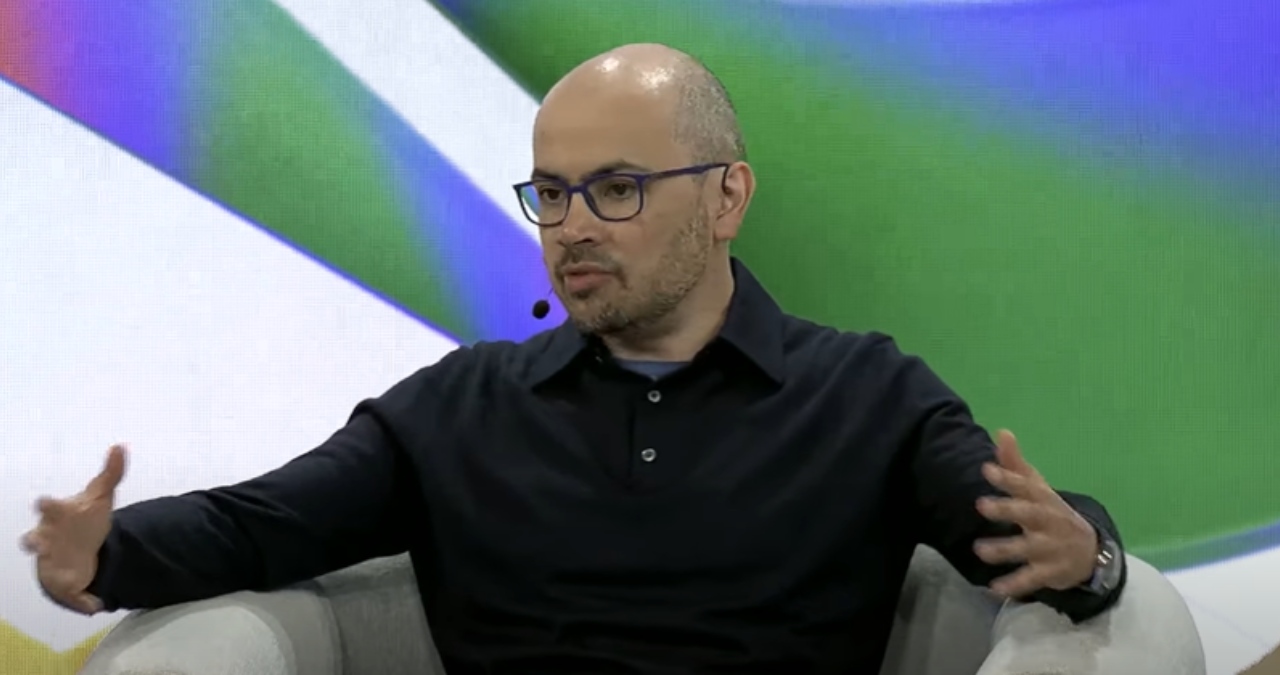AI has had a profound effect on IT and several other sectors where technology plays a key role. With frequent job losses being a regular thing, people have now started to wonder whether AI will affect the healthcare sector anytime soon. Demis Hassabis, CEO of Google DeepMind, has offered a new perspective on the future role of artificial intelligence in healthcare, suggesting that AI has the capability to replace doctors in specific data-intensive tasks.
But before you start worrying, it won’t replace humans anytime soon. Hassabis says that AI will not be able to substitute nurses anytime soon.
AI could replace doctors, but not nurses
Hassabis believes that AI’s strength lies in its ability to analyse vast amounts of medical data, including scans, test results, and patient histories, with greater speed and accuracy than human practitioners. This analytical prowess could see AI taking over roles in diagnostics and treatment planning, thereby assisting or even replacing doctors in these particular functions.
However, according to Hassabis, a key distinction lies in the irreplaceable human element of nursing. He emphasised that nursing roles are deeply rooted in emotional support, physical care, and human empathy—qualities that technology cannot replicate, no matter how advanced. Hassabis states that while a robotic nurse might be efficient, it would lack the capacity for emotional connection with patients, which is a critical and fundamental aspect of caregiving.
This perspective highlights that while AI can excel at intellectual tasks within healthcare, professions that demand high levels of emotional intelligence will remain human-centered, unless there’s a major breakthrough there.
AI to make collaborative work easier
Looking ahead, Hassabis expects a collaborative future for workplacse where humans and AI work together. AI would manage data-driven, repetitive, and analytical processes, freeing up humans to focus on areas requiring creative problem-solving, emotional interaction, and leadership. This is what most leaders in the field of technology have been saying about AI adaptation since years.
Hassabis also stressed upon the importance of proactive investment in reskilling programs to adequately prepare the workforce for these evolving, AI-driven environments.
